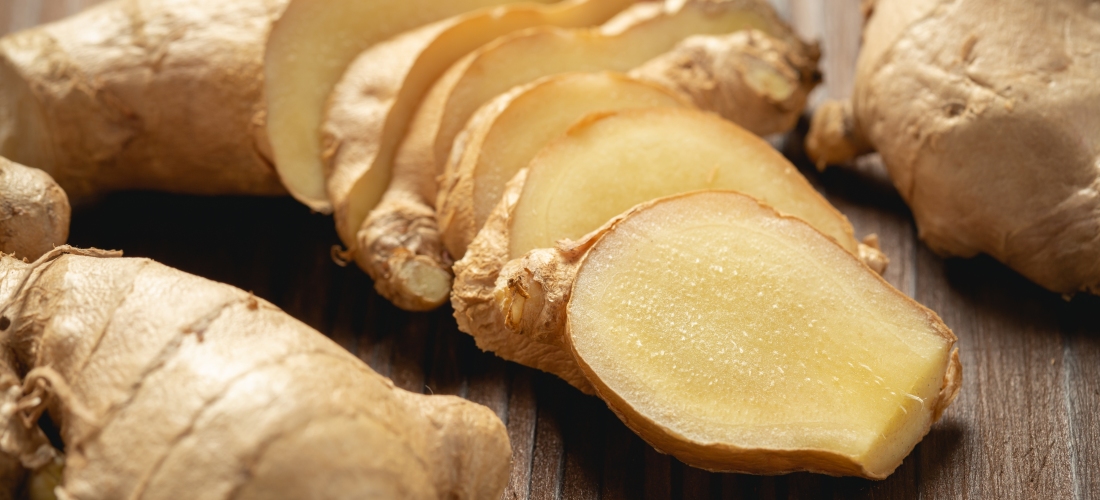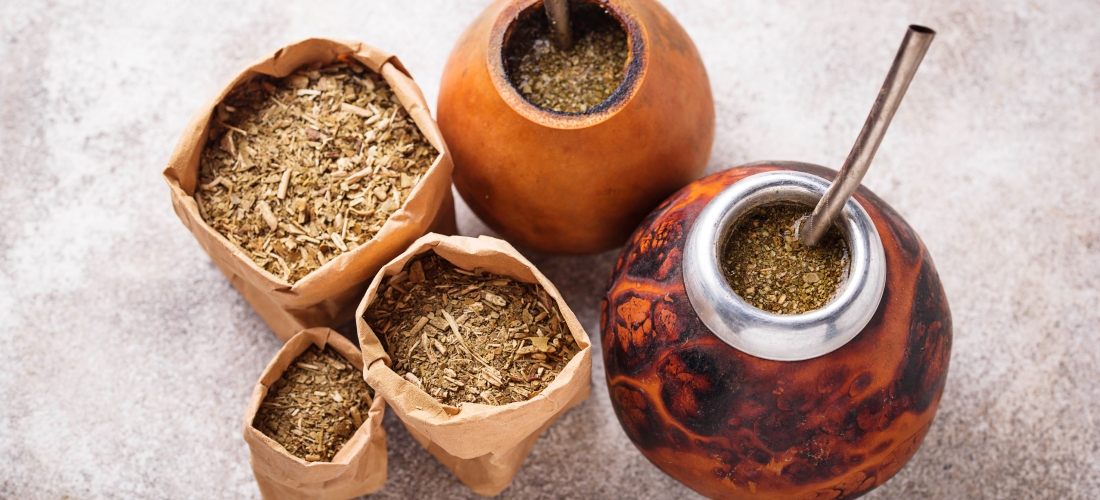
New research continues to emerge in support of ginger for heart and vascular health. Ginger contains powerful compounds (gingerols, cineole) that reduce inflammation and buildup of cholesterol plaques that promote heart disease. Ginger also improves mood and preliminary studies suggest a potential antidepressant role for geraniol, a compound found in ginger. Other studies have found that ginger supplementation may reduce cholesterol, triglycerides (blood fats), CRP (a marker of inflammation) and improve blood glucose control in Type 2 diabetics. Another study in an animal model suggests that ginger may even slow progression of eye-related deterioration that accompanies diabetes. Benefits have been observed with as little as 1/2 to 1 teaspoon of ground or powdered ginger a day (and represents ~1-2 grams). And if you love sushi, don’t forget to complete your course with the sweet tasting and cleansing “gari” ginger. Your heart will enJoy it too!
Dr. Michael Miller is a cardiologist and Professor of Medicine at the University of Maryland School of Medicine. His latest book is “Heal Your Heart: The Positive Emotions Prescription to Prevent & Reverse Heart Disease“ with 100% of proceeds donated to the American Heart Association.





